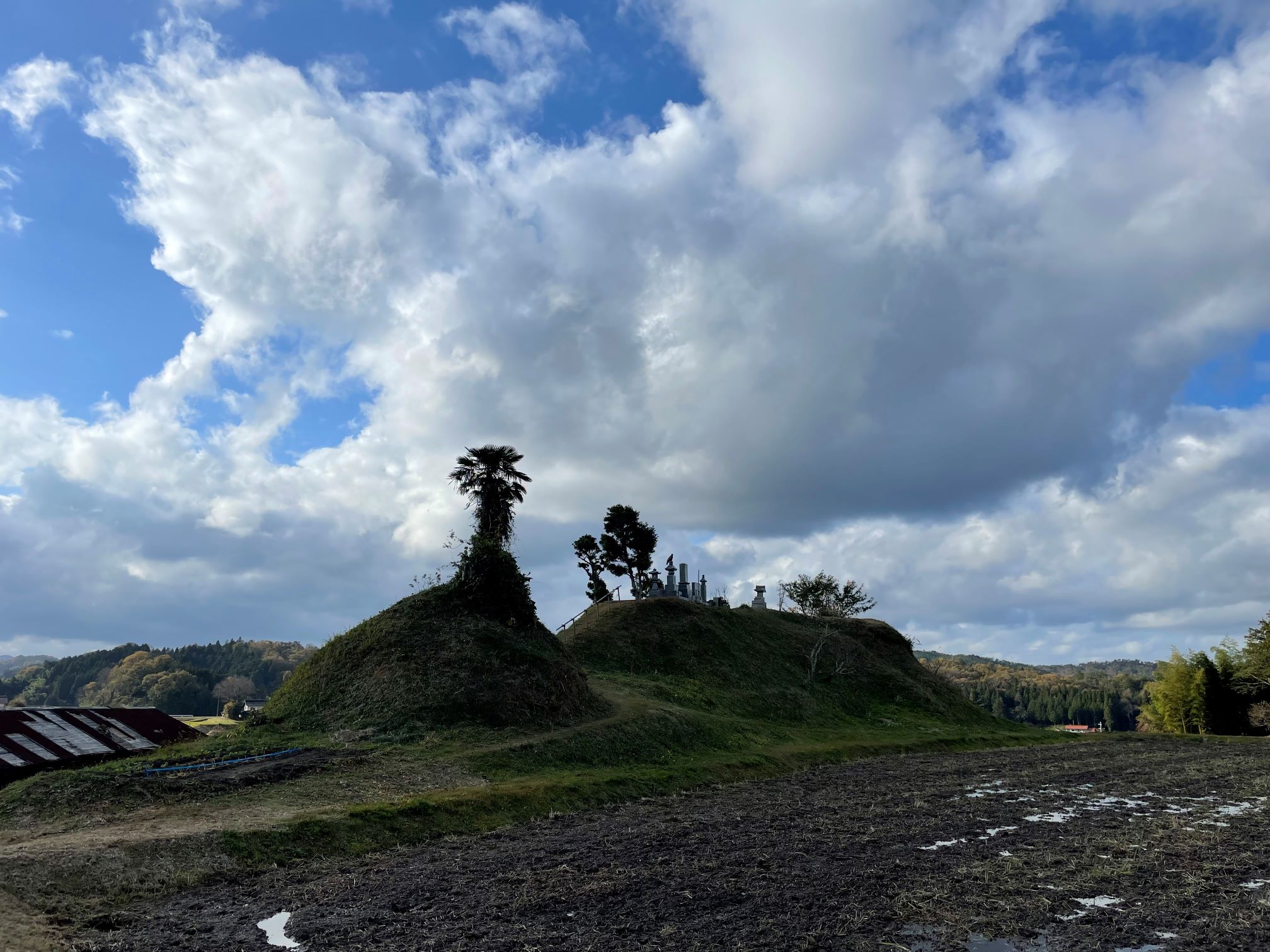Incubation
"Study on the development of evaluation method of the water cycle to contribute to the sustainability assessment of agriculture in the Mekong Delta"
R5-6 1-3 (R6 AY2024)
| Project Leader | Hayashi Takeshi (Akita University, Faculty of Education and Human Studies) |
| Collaborators | Iizumi Yoshiko (Nihon University, College of Humanities and Sciences) Minaki Kanako (Kyoto University, Graduate school of Asian and African Area Studies) Yanagisawa Masayuki (Kyoto University, Center for Southeast Asian Studies) |
| Research Project | Study on the development of evaluation method of the water cycle to contribute to the sustainability assessment of agriculture in the Mekong Delta |
| Countries of Study | Vietnam |
Outline of Research
This study focuses on the correlations between agriculture and the water environment in Ca Mau Province, Vietnam, located at the southwestern end of the Mekong Delta. This study will (1) integrate the results of field surveys and digital data (digital topography model, satellite images) in the study area to clarify the current status of the relationship among land use (use pattern and distribution of agricultural land), microtopography (land undulations), and water cycle mechanism (e.g. waterway networks) to contribute to the evaluation of the sustainability of local agriculture, and (2) examine effective analysis methods of the digital data for the efficient understanding of microtopography and water cycle mechanism in the vast delta.
Purpose of Research, Its Significance and Expected Results, etc
In the Mekong Delta, which is one of the largest deltas in the world, the salinization of irrigation water has observed in recent years. Given that global sea level rise is predicted to be inevitable due to global warming and climate change, the southern part of the Mekong Delta, where the topography is especially low-lying, is expected to suffer serious damage to agriculture and people's livelihoods in the future. This study will be conducted in Ca Mau Province, Vietnam, which is located at the southwestern end of the Mekong Delta, with the aim of understanding the current status of the relationships between land use, microtopography, and water cycle mechanisms in order to contribute to the assessment of the sustainability of local agriculture, and to examine effective analysis methods for digital data to efficiently understand microtopography and water cycle mechanisms in the vast delta. Generally, fieldwork is essential to grasp the current situation and to evaluate the sustainability of agriculture. However, it is difficult to conduct field surveys extensively in a mega-delta such as the Mekong Delta. In this study, we investigate an effective analysis method of digital data through the process of understanding the characteristics of the relationships among land use, microtopography, and water cycle mechanisms in the target area by integrating field surveys and digital data. The results of this study will contribute to the sustainability assessment of agriculture and people's livelihoods in the southern Mekong Delta, including the study area, and also to the assessment of deltas and coastal lowlands around the world that are vulnerable to global warming and climate change since the digital data used in this study covers a wide area of the world land area.


